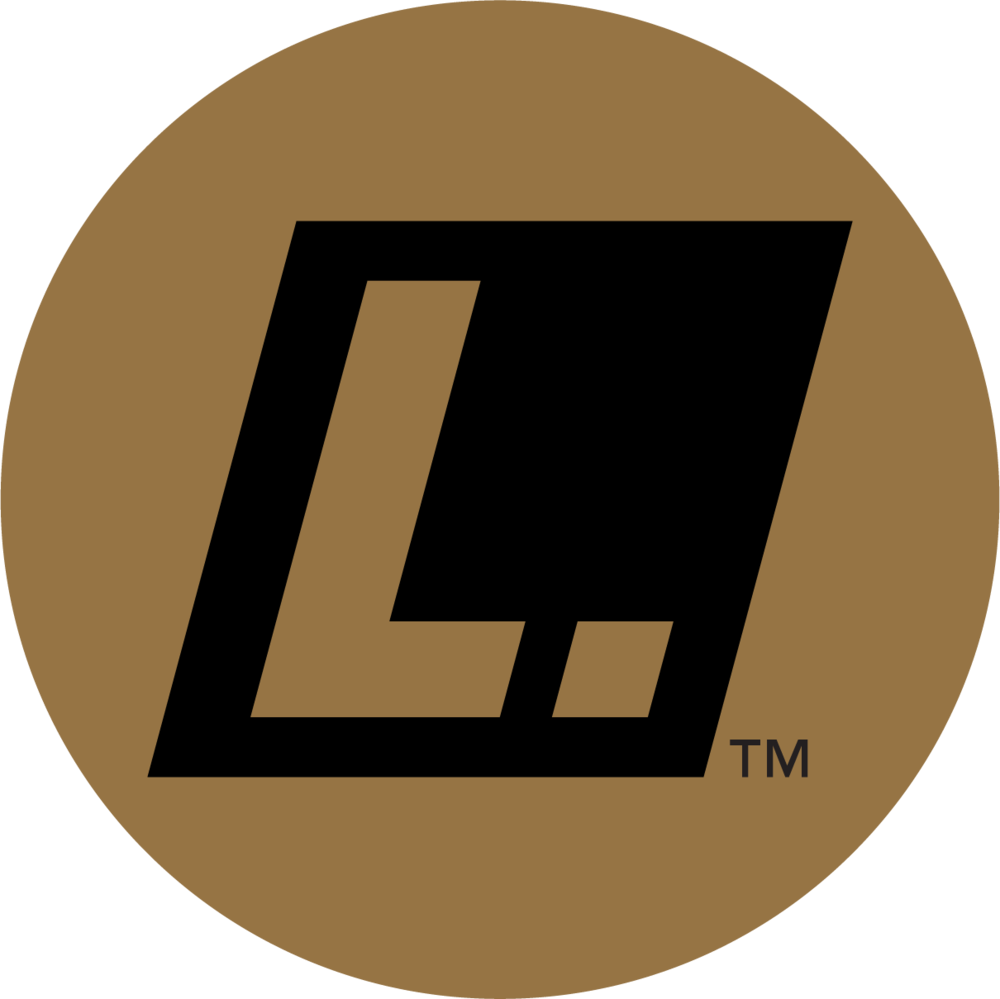Ready to Upgrade Your Skincare Routine? Keep These Effective Ingredients In Mind
Photo: Lumin Skincare
I’ve talked about some of my favorite men’s skincare brands before, but I’ve yet to delve into the exact ingredients that I believe you should add to your routine. Truly, the only way that you’ll see a significant textural change in your skin is by seeing a licensed esthetician or dermatologist who can treat you with medical-grade products.
That being said, there are still plenty of products that you can buy at the store that will still make a difference in your skin. However, it’s worth paying attention to the concentration of the ingredients, and not just the marketing. Not only that, just because you’re buying an expensive product at a luxury department store doesn’t mean it will live up to its pricy claims.
Now, I’m not saying those active ingredients aren’t useful — they will be effective to a person who is just beginning to explore skincare, or who wants to experiment with different products. But in some cases, a product might contain a “miracle” ingredient in an amount so low that it’s not enough to make that textural change. That’s why it’s important to know not just the name of the ingredients, but whether the product contains enough of it to be effective.
Overall, I always tell my clients that the most effective active ingredients will be found in your serums. Yes, some moisturizers and cleansers are great, but serums are able to deliver a very high concentration of those ingredients.
To help you sort through the world of products, I’ve listed some of the most effective skincare ingredients depending on your concerns below.
Got more questions? I offer personalized skincare consultations for men and women to help you find the right products for your skin tone and type, age, lifestyle, and other factors. Book a virtual one-on-one consultation or schedule an in-person appointment by calling or texting me at (323) 571-3749.
The Most Effective Skincare Ingredients to Consider
Hyaluronic Acid (HA): A synthetic version of a natural skin tissue component that helps hydrate, restore, and protect skin from pollution, sun damage, and other environmental irritants. Great for most skin types.
Alpha-hydroxy acid (AHA): Exfoliating ingredients such as lactic acid and glycolic acid. They’re great for smoothing and brightening the skin.
Retinol and retinoids: Both are amazing at smoothing fine lines and reducing the appearance of blemishes, but there’s a difference between the two skin-reforming ingredients. Retinol is a form of vitamin A and is available in over-the-counter skincare products and is gentler, while retinoid is more potent and requires a prescription. You might see a difference with retinoid products in days and weeks, while retinol products need to be used regularly over weeks or months to see changes. A retinoid also has more side effects (such as irritation and skin flaking), so you always need to consult with a skincare professional.
Vitamin C: This antioxidant helps to even out the skin tone, boost collagen production, and protect against environmental damage. It might not be the best for sensitive or oily skin, so consult a dermatologist or esthetician.
Epidermal Growth Factor (EGF): Similar to collagen, epidermal growth factor is a naturally-occurring protein in skin that helps smooth wrinkles and strengthen the skin’s barrier. It stimulates the production of collagen and elastin, and helps the skin stay hydrated. Skincare aficionados have probably heard of the controversial facials using fetal stem cells and “foreskin” cells — as Allure points out there are no actual bits of human or fetus parts, and most EGF come from synthetic and safely bioengineered sources.
Niacinamide: A type of antioxidant that helps protect the skin from free radicals and other environmental stressors. This vitamin can help keep the skin moisturized, reduce skin sensitivities, and build healthy skin cells.
Want more? Learn more about the skincare products and effective ingredients that work best for you and book a personalized consultation online here.

